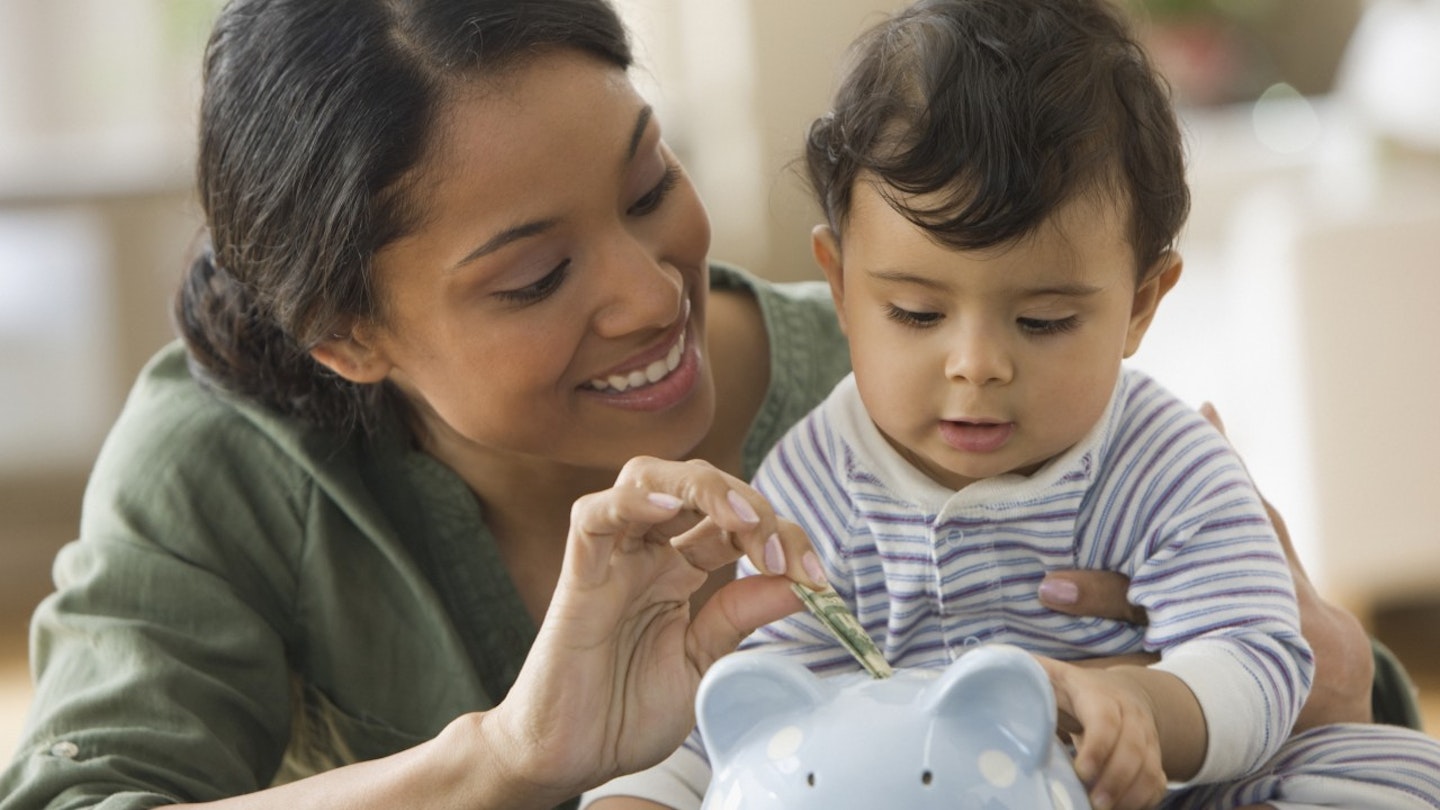Confused by the recent changes in child benefit? We hear ya! We’ve waded through the small print for a quick glance guide to what you need to know. Print it off and stick it in your handbag…
Until recently, child benefit was a one-payment fits all scheme all mums were entitled to. What’s not to love? But changes introduced this year have made things that bit more complicated and let’s face it who’s got time for complicated? Here’s our cheat sheet on the new child benefit scheme and how it will affect your family.
What is child benefit?
A tax-free payment that you can claim for your child aimed at helping parents cope with the cost of bringing up children. You normally qualify for child benefit if you have or are responsible for a child under 16 (or under 20 if in certain types of education or training) and you live in the UK. It is usually paid every four weeks but can sometimes be paid weekly. There are separate rates payable for each child. You get £20.30 a week for your eldest (or only) child and £13.40 a week for each of your other children.
So, what are the changes?
Child benefit had always been paid to ALL families with children, regardless of household income, but changes to the HMRC rules on child benefit came into force in January 2013, reducing the entitlement of over a million families.
It's the income of each partner in the household that counts, rather than your combined salaries. Families where one parent is earning more than £50,000 a year are affected (even if the other partner doesn't have any income at all).
Child benefit will still continue to be paid to everyone, but if you're a higher income family, you have to pay extra tax (High Income Child Benefit charge) if you choose to keep getting it.
The extra tax you pay will effectively cancel out some or all of your child benefit.
If your income is over £60,000 a year, you pay so much more in tax that it will cancel out all of the child benefit you get.
If both you and your partner have an income just below the £50,000 limit, you continue to receive the full amount of child benefit and won't have to pay any extra tax. If both and your partner have an income over £50,000, whoever has the higher income will have to pay the extra tax.
Anything else?
You should still fill in a child benefit claim form, even if you don't want to get the payments. This is because if you are entitled to receive child benefit it can:
-
Help you qualify for National Insurance credits that can protect your entitlement to State Pension
-
Help protect your entitlement to other benefits such as Guardian's Allowance.
-
Ensure your child is automatically issued with a National Insurance number before their 16th birthday
